
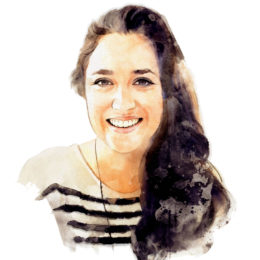
Amie Ferris-Rotman
Global News Editor
Amie Ferris-Rotman is Global News Editor at New Lines magazine. She is an editor, journalist and media innovator, who has worked mainly for the Washington Post, Reuters and the Wall Street Journal. Amie grew up in London and the United States.
She has reported from across Russia and the surrounding countries for a decade. As a contributor to TIME magazine, she has reported on Russia’s invasion of Ukraine, from the unlikely characters joining Ukraine’s fight to Kyiv’s campaign to hold Moscow accountable for mass rape. While she was Moscow correspondent for the Washington Post, she was the first reporter to meet the children of ISIS fighters welcomed back by the Russian state, and conducted an award-winning investigation into the treatment of ethnically Kazakh women by the Chinese government in internment camps. As special projects editor at the D.C.-based nonprofit newsroom The Fuller Project, Amie oversaw and commissioned ambitious, enterprise stories on the pandemic’s effect on global supply chains and labor rights.
Her other main area of interest is Afghanistan, where she was Reuters senior correspondent during the height of the U.S.-led war. She has continued to report on the fall of Kabul and what this means for the women of Afghanistan, including for The Guardian, where she met Afghan women MPs as they formed their parliament in exile in Athens, to the TIME cover story for the one-year anniversary of the Taliban takeover, where she was the project lead on a multi-month, many-country feature documenting the lives of Afghan refugees around the world. Amie has also reported for Foreign Policy magazine.
Amie believes the best journalism can come from those who report on their own communities. After her 2014 John S. Knight Fellowship at Stanford University, Amie founded Sahar Speaks, a program offering training and publishing opportunities for Afghan female journalists. This won her the British Press Award for Innovation in 2016. She holds a bachelor’s degree and master’s degree in Russian Studies from University College London, which explains her ever-expanding collection of Soviet film posters.
Amie welcomes pitches on Afghanistan, Russia, Ukraine, the Caucasus and Central Asia. She is particularly interested in people and movements that are often overlooked and issues that impact women.
Latest from Amie Ferris-Rotman
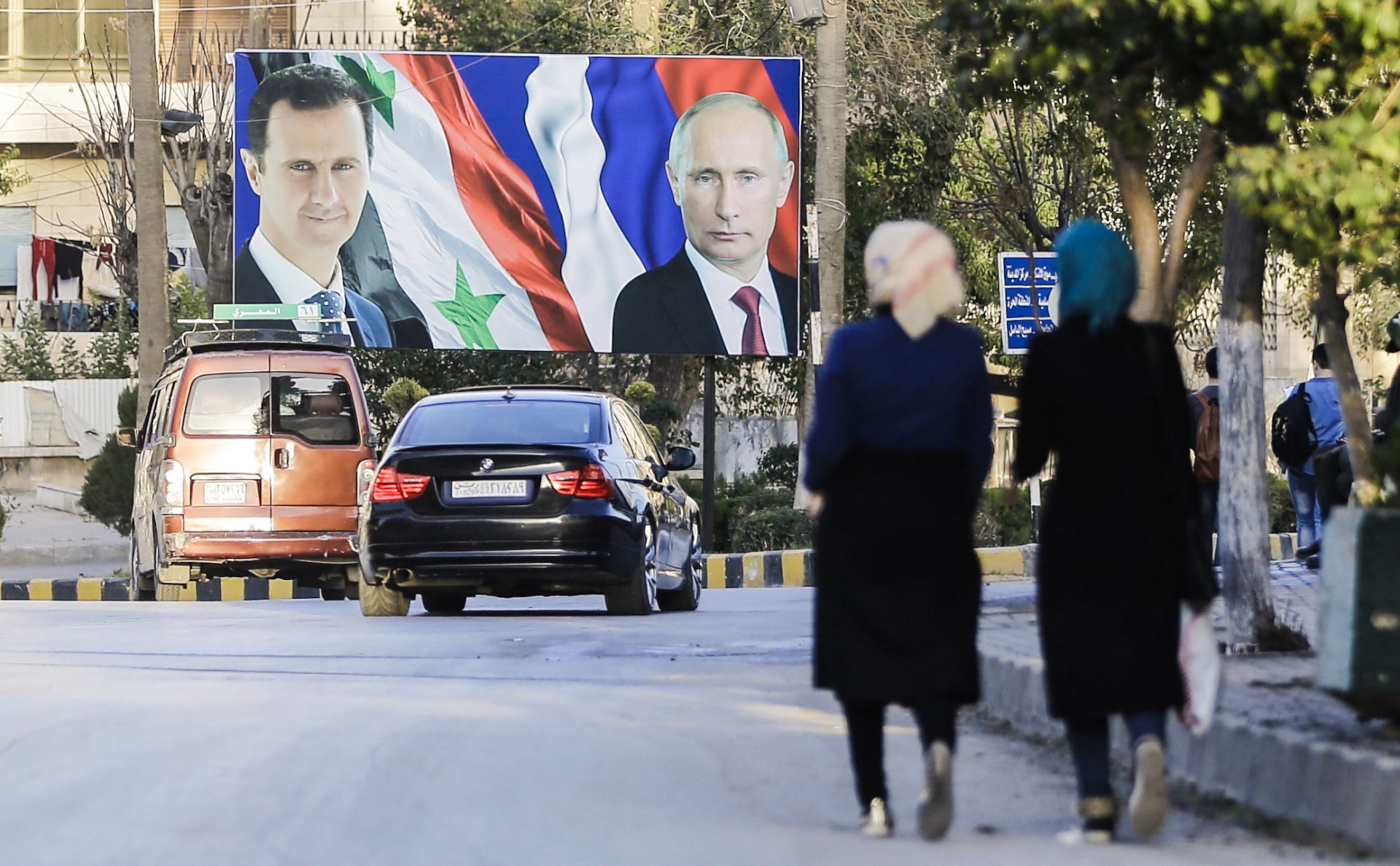
With Assad in Moscow, Putin Scrambles To Save Face — and His Syrian Bases
Moscow finds itself in an awkward position, striving to both curtail reputational damage and make inroads with the Syrian rebels, all with the ousted Assads now living under its roof.
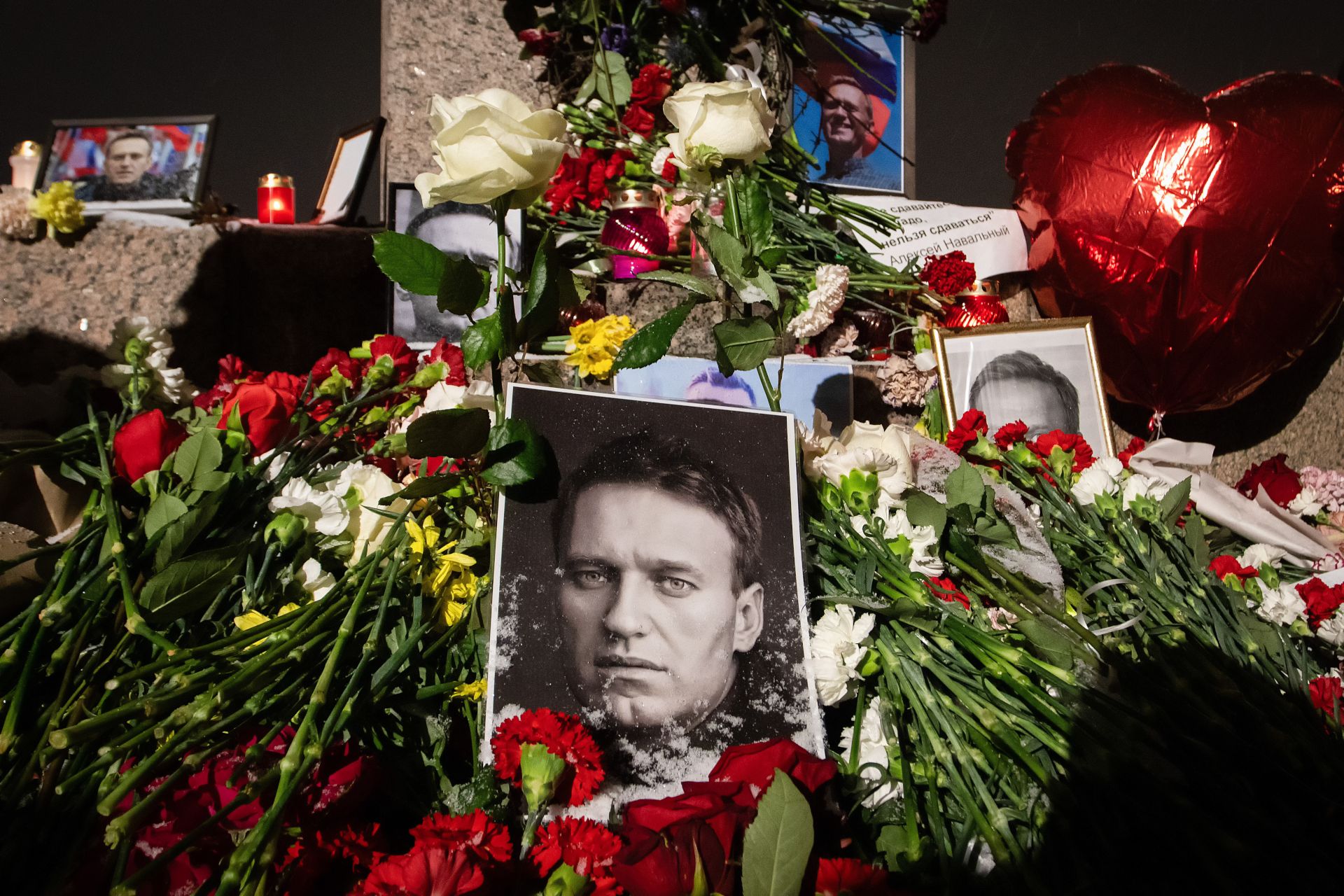
As the World Mourns Alexei Navalny, Authoritarianism Gains Strength
For those both inside and outside Russia who believed in a brighter future and who held on to Navalny’s unique defiance of the Kremlin as a reason to dream, his sudden demise has dealt a final blow to hope — for Russia, for the chances of democracy and for challenges to authoritarianism. It is a message with global ramifications.
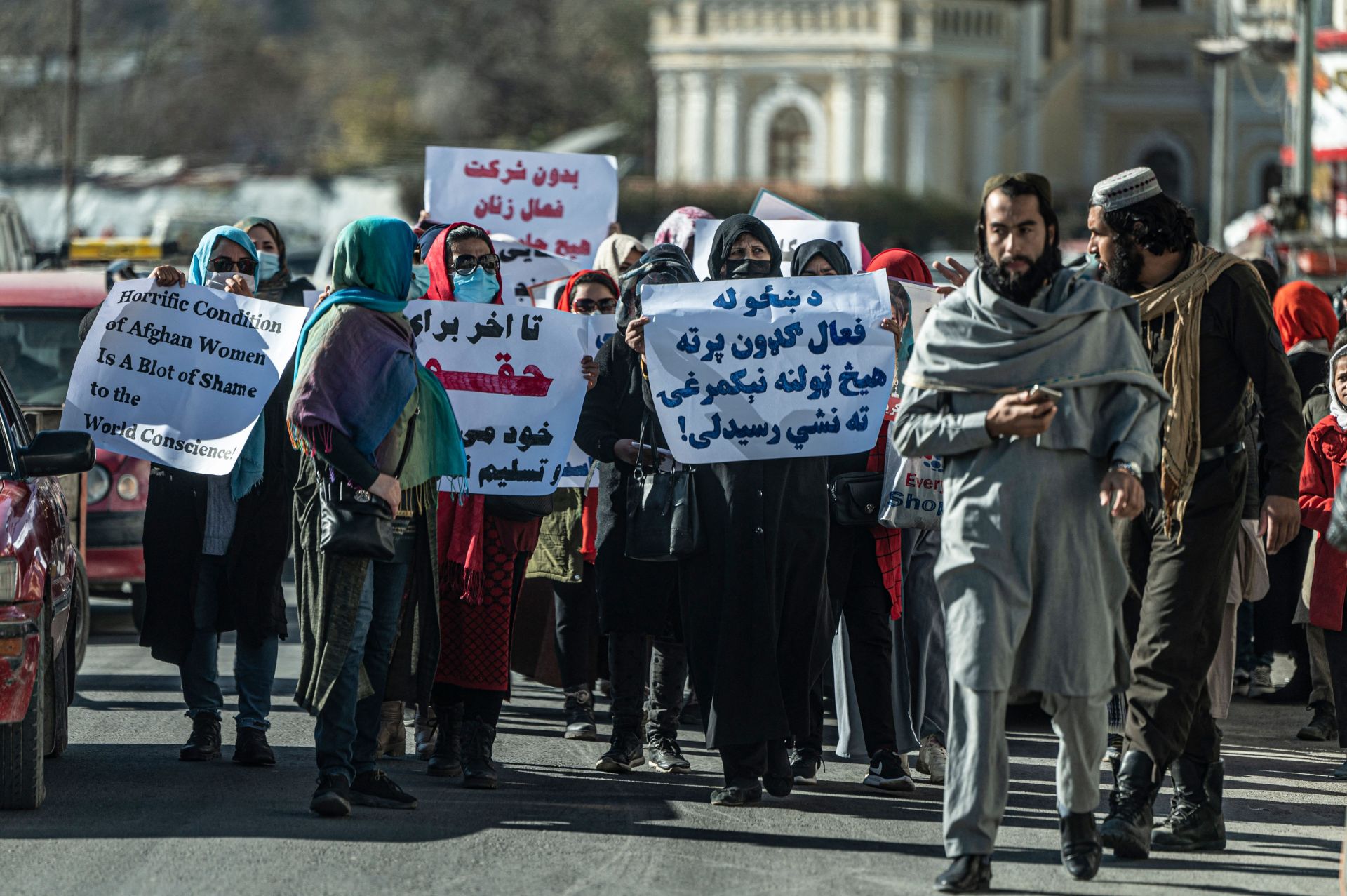
For Women Under the Taliban, ‘Gender Apartheid’ Is Their New Life
There is a new dynamic emerging amongst the world’s furore this time round, taking the form of a clarion call: Treat the Taliban’s systemic attacks on women as another famous struggle against inequality — that of apartheid.
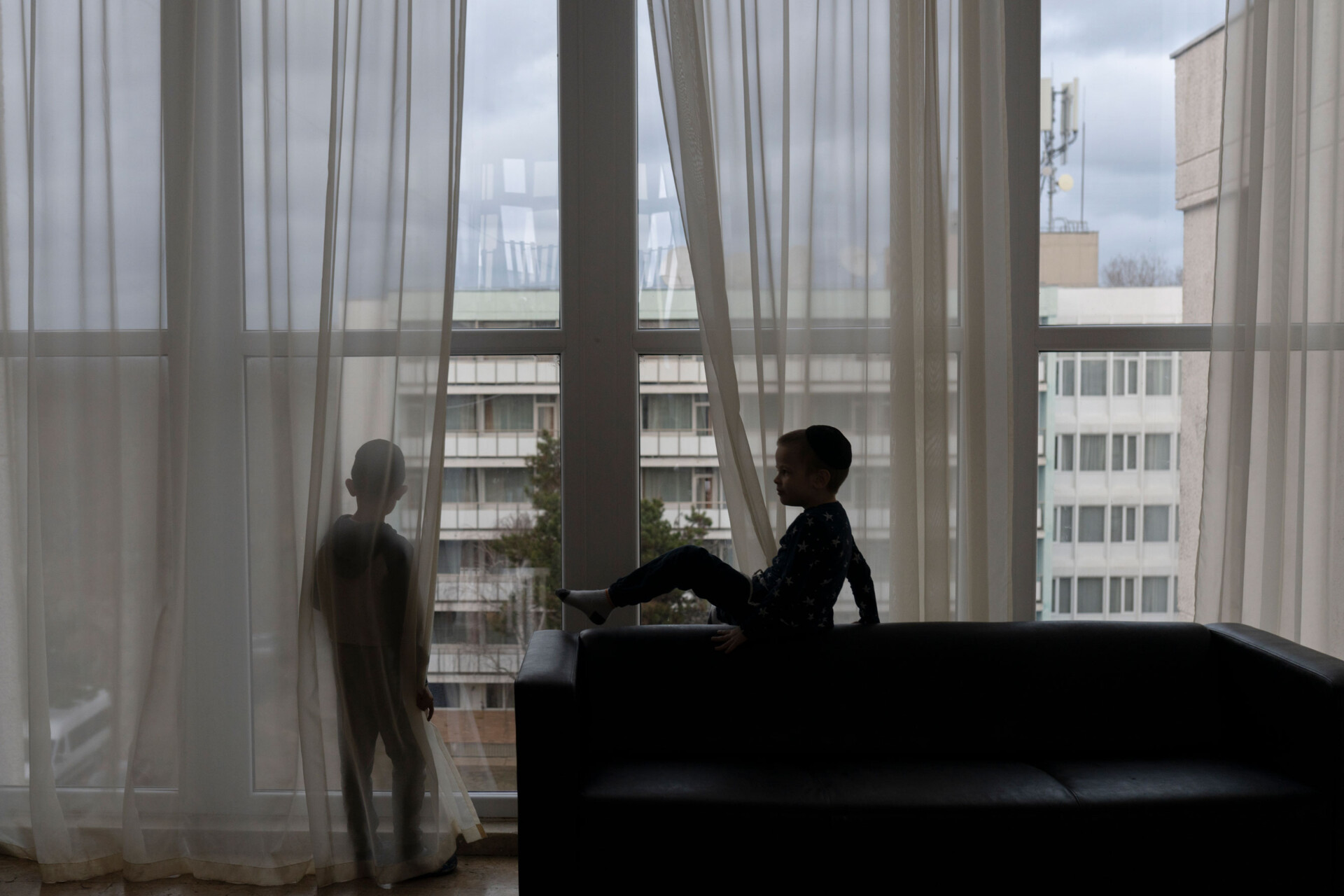
As Refugees in Romania, Ukraine’s Jews Re-Create Their World
Like many of the 8 million Ukrainian refugees who have scattered across much of Europe and other parts of the world since the invasion — the largest refugee crisis since World War II — they stuffed their possessions into wheeled suitcases and parted ways with relatives. They also brought with them their culture: Odesa’s historic Jewish community is often synonymous with the city itself.
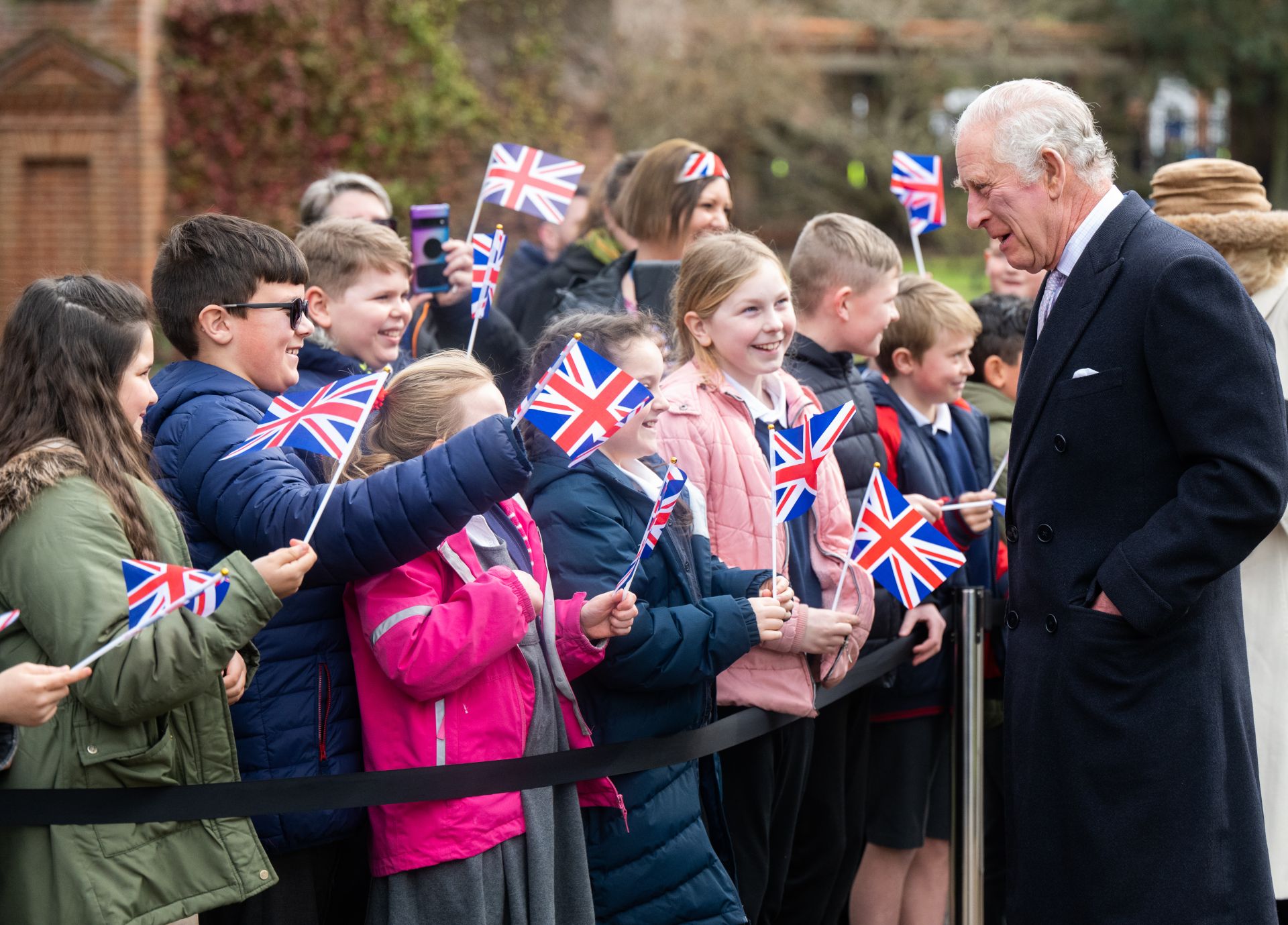
I Read All the Kids’ Coronation Books So You Don’t Have To
Reading the books, I was struck with their projection of a certain kind of Britishness. This is a country where its layfolk are forelock-tugging, deferential and tradition-loving. It is multicultural but only when it comes to those on the streets cheering on the king and queen as they ride down The Mall leading up to Buckingham Palace on coronation day in a gilded carriage.
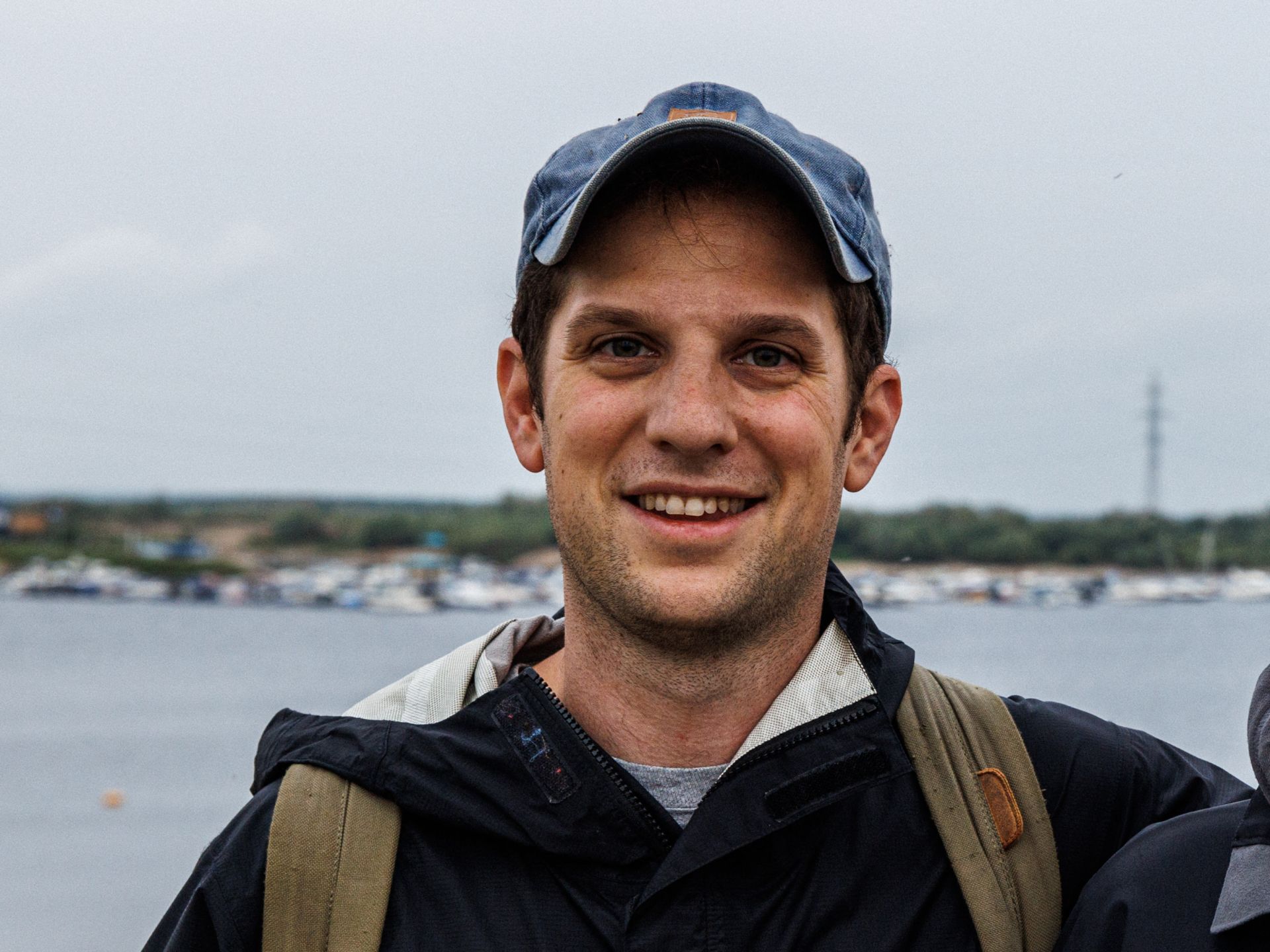
An American Reporter Faces Spy Charges in Russia
When the American journalist Evan Gershkovich was arrested in Russia last week on spying charges, the community of current and former Moscow correspondents scattered across the globe felt a collective sucker punch.
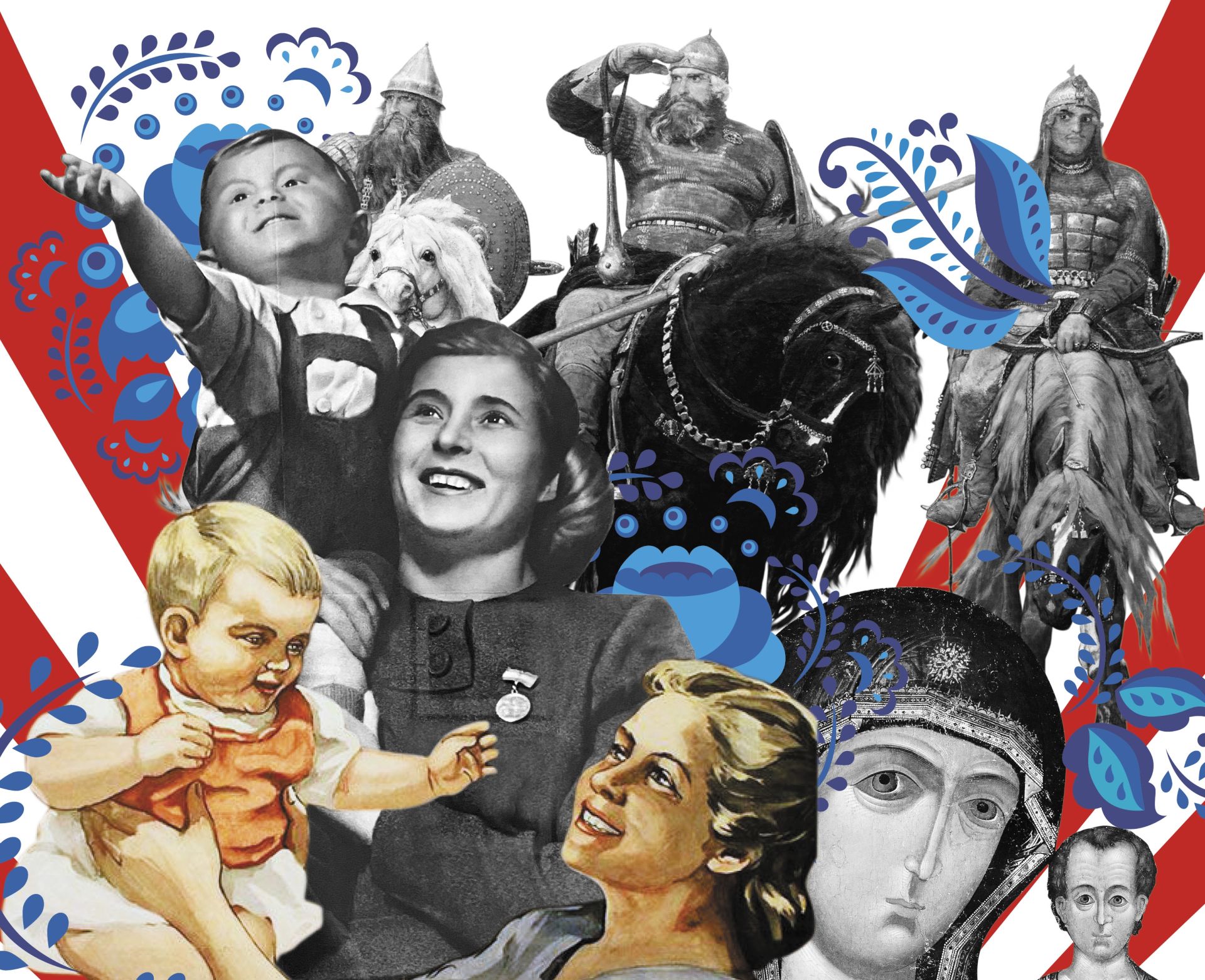
What My Pregnancy in Moscow Taught Me of Putin’s Russia
While I adored being pregnant in Russia, where I basked in the warmth of female solidarity, it became difficult to appreciate in an environment where women's rights were being governed, and even curtailed, by the state.
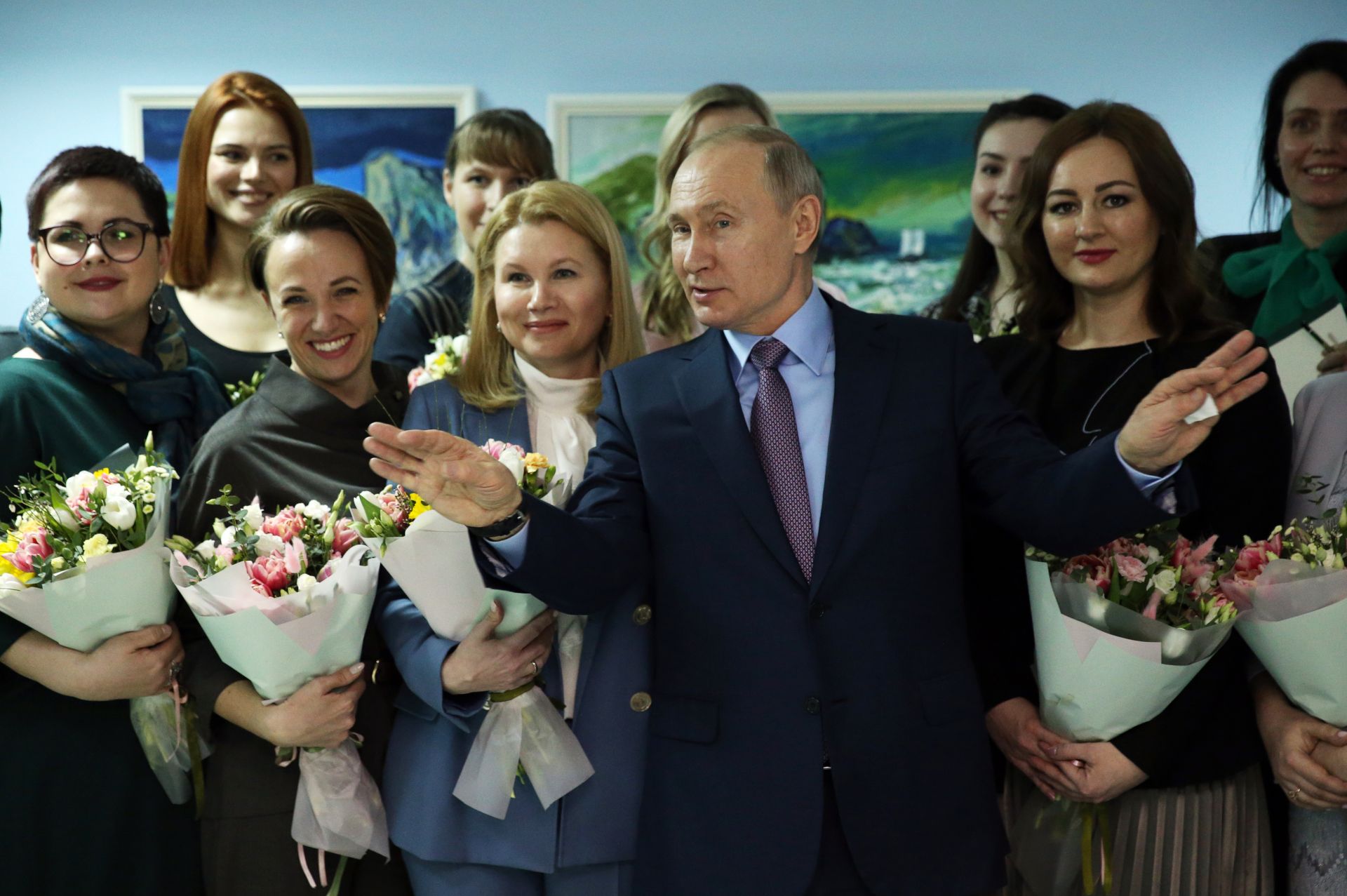
Gender Is Front and Center in Moscow’s Invasion of Ukraine
Amid the hypermasculinity and extreme levels of violence of the Russian war machine, gender has loomed large in Moscow’s full-scale invasion of Ukraine, where the war is largely being fought along traditional divides.
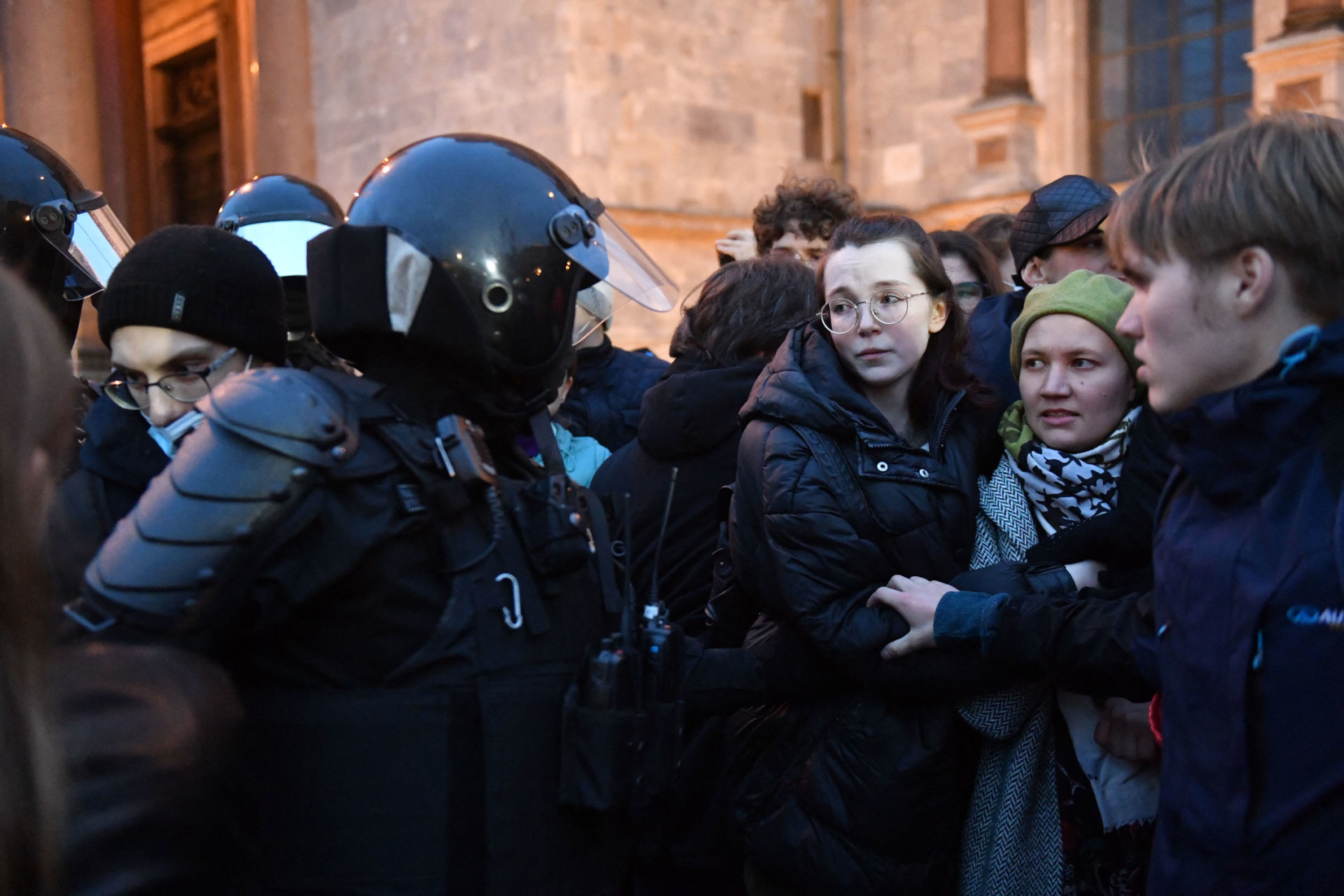
As Protests Erupt Over Putin’s Draft, a More Ominous Threat Surfaces
Demonstrators are organizing large protests to take place after Friday prayers on Sept. 30. “Invaders do not become martyrs,” one poster says. People in the North Caucasus are acutely aware of what a Russian invasion feels like, even today. The 19th-century, anti-colonial war against tsarist forces, which raged for almost 50 years, took a terrible toll on the highlanders and still influences the modern mindset; there is scarcely a Dagestani home or family that does not have a portrait of the warrior Imam Shamil, the freedom fighter who took on imperial Russia.
